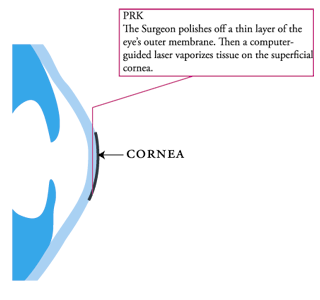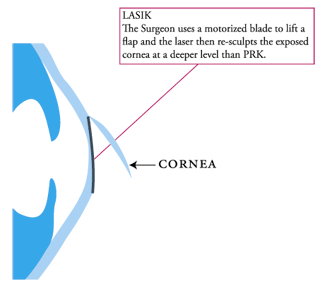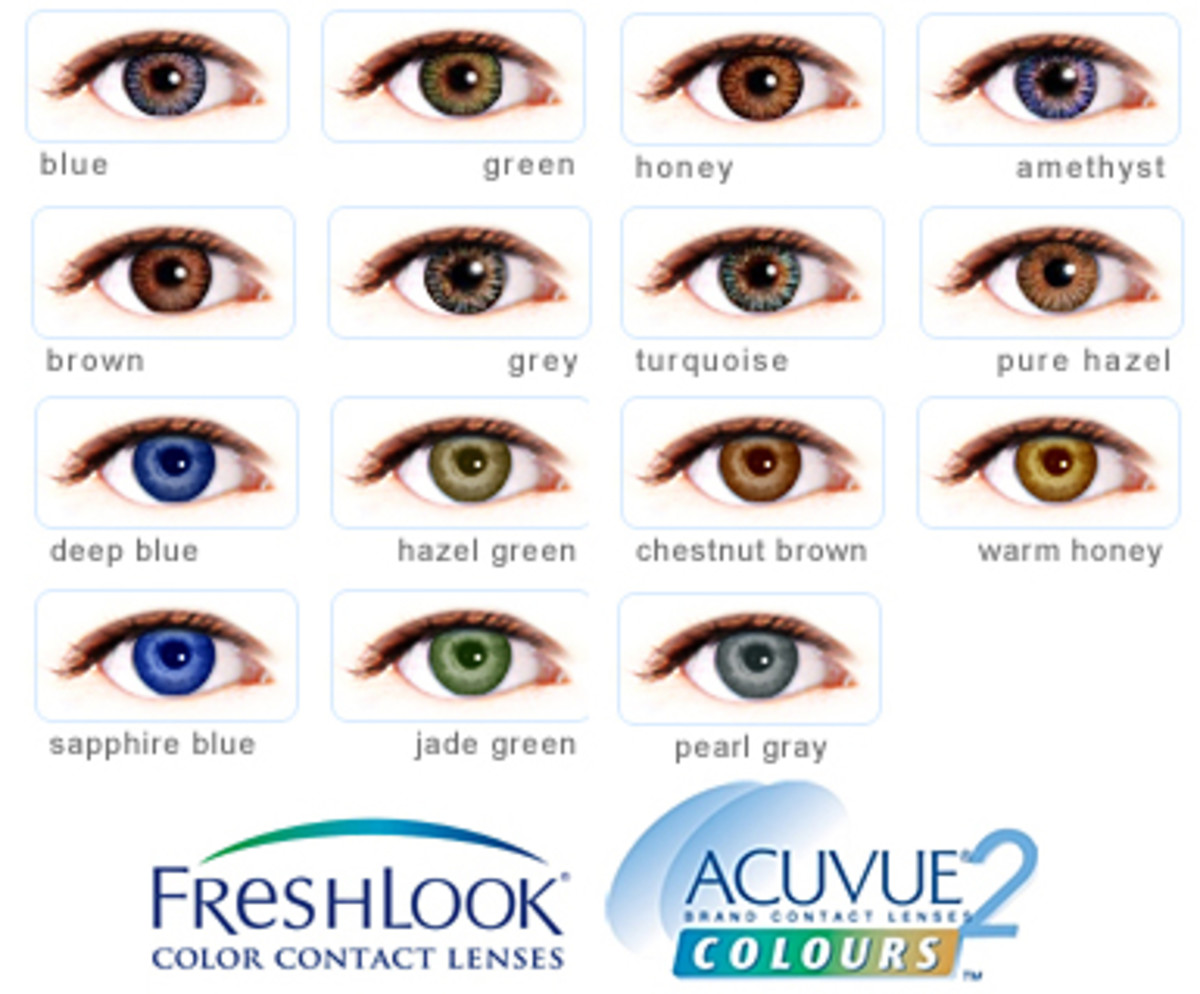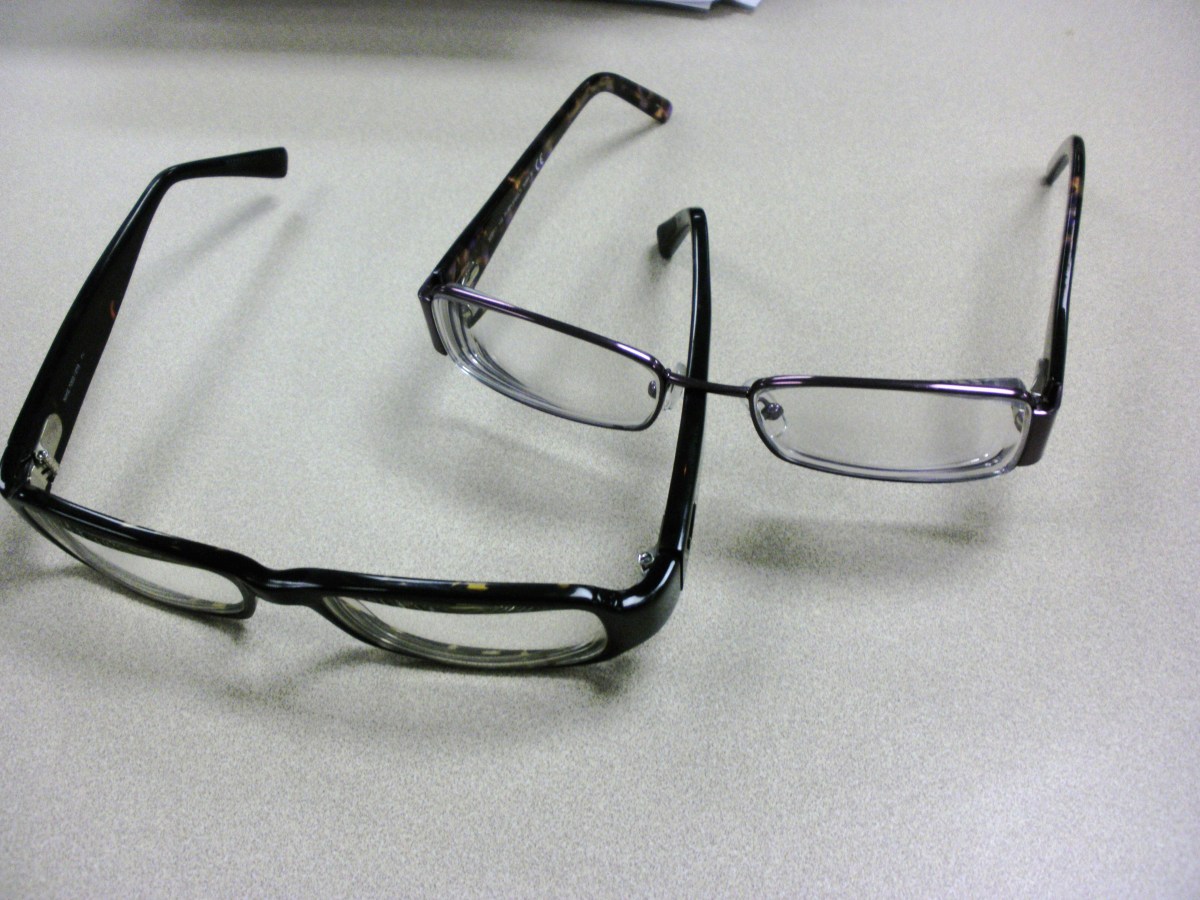PRK vs LASIK
Many believe that the only eye surgery available is the LASIK surgery but very few people have come across this term Photorefractive Keratectomy (PRK) which is considered to be the precursor to the popular LASIK.
Both PRK and LASIK are types of refractive laser eye surgery performed to correct a person’s vision, thus reducing dependency on glasses or contact lenses.
In general, PRK and LASIK are very similar in nature. Both procedures offer similar vision correction, but recovery time from PRK is typically longer than that of LASIK.
The
other main advantage of PRK is that even patients who are not good candidates
for LASIK can often undergo
successful PRK surgery.
It is evident that both procedures have its own similarities and the differences. With that mind, let's compare PRK vs LASIK.


PRK vs LASIK - Similarities
- Both procedures are performed using the same laser to treat myopia, hypermetropia, and astigmatism.
- Neither needles nor incisions are required in both procedures.
- Neither LASIK or PRK involves any pain during the entire procedure.
- The use of eye medication is recommended for a few days after the surgery to promote healing and prevent any infection.
- The healing process from the
surgery might take several months.Though PRK tends to have irregular healing response.
PRK vs LASIK - Differences
- Many
doctors agree that LASIK is NOT recommended for patients with certain corneal conditions or corneal scars.
- Patients with high amounts of nearsightedness should opt for LASIK. For patients with lower to moderate amounts of myopia, either procedure may be appropriate.
- The disadvantage of LASIK is that it requires an additional surgical step, the creation of the flap. There is a risk of complication if the flap is not done properly.
- PRK does not need to create a flap, but change the shape of the surface of the eye by sculpting rather than cutting.
- It is evident that LASIK is less painful and requires less recovery time than PRK. The first layer of the eye usually heals in less than 6 hours.
In short, the two procedures are very similar to each other. LASIK, however, has been shown to produce the lowest rate of side effects and, therefore, has continued to gain in popularity in recent years.
Whether you choose one over the other, the decision of which procedure would best suitable for you should be made based on the advise of an eye care professional.
Related Sites
- Texas Lasik Eye Surgery
If youre living in Texas and are on the lookout for information on lasik eye surgery, this site is dedicated to providing you with the guide to help you make an informed decision as to whether or not lasik surgery is the best option for you.



